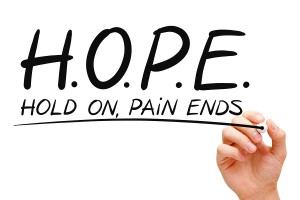This is one of those conversations I don’t like to have. I would much rather live in a world that is sunshine and butterflies but I know that ignoring the storm clouds doesn’t prevent the rain. So I guess we need to have the conversation about relapse. One of the realities of struggling with an eating disorder or disordered eating is that even when we do recover we aren’t immune to relapse. Sometimes it creeps up on us, other times an event in life triggers us so much we don’t know how not turn to our old ways, or maybe we find ourselves in a situations outside of our control that create similar habits (ex. A broken jaw that prevents us from eating normal foods). Either way, relapse is never something any of us are wanting but it happens, in fact they show that relapse rates are at an alarming 33%.
Before anything else, try not to use this information to discourage you or derail your current recovery process. Instead use this information to more heavily ground yourself in the practices that help move you forward in your recovery. What research shows is that the more aware we are of our own challenges and successes as well as  the more honest we are with ourselves about where we are at, the more successful we will be in our recovery. So if you are recovered ask yourself what you have done that has lead you to where you are at. How often are you engaging in these behaviors? Where can you strengthen these practices.
the more honest we are with ourselves about where we are at, the more successful we will be in our recovery. So if you are recovered ask yourself what you have done that has lead you to where you are at. How often are you engaging in these behaviors? Where can you strengthen these practices.
If you are currently going through your recovery journey then hopefully you will use this knowledge of relapse to become curious about what is and/or isn’t helpful for you. It is so important in this journey to have honest conversations with yourself (and your team) and what facilitates change for you. The more aware you are of these things and the more emphasis you put on doing the things that genuinely support you the more likely you are to be successful.
Finally, one of the most critical things I think you can do to prevent relapse is make a consistent effort to remain well. We don’t always have the ability to prevent relapse but the more consistent we are in our healing the more successful we will be at staying well. Additionally, if you find yourself relapsing I would encourage you to do whatever you can to not create defeat in your own life. Sometimes we don’t get things the first time, that’s okay. It’s hard and frustrating and scary but it’s also okay. Know that if you have done it once you can do it again. Put into place the necessary support networker to help you fight again. You don’t have to do this alone.
I wish eating disorders could be a field where relapse didn’t exist. Unfortuantely this isn’t the case but the only reason relapse exists is because recovery existed before it.
Know I am your biggest fan and supporter,


